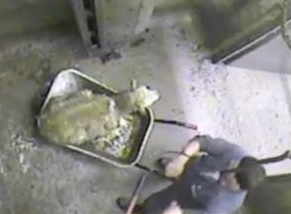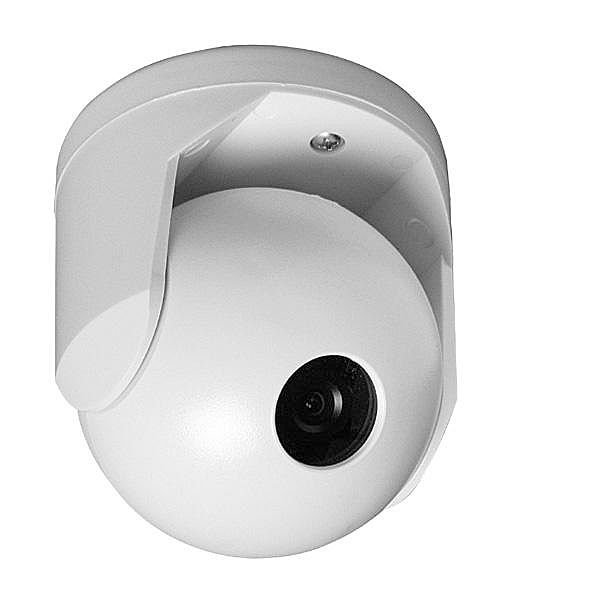In early 2008, the Humane Society of the United States released video documenting animal abuse at Hallmark/Westland Meat Packing Co. of Chino, Calif., secretly shot by an undercover employee.
That $100-million-a-year company does not exist anymore – brought down by someone using an over-the-counter video recording device.
In April 2009, Cargill Beef announced it had implemented a third-party video-auditing system that would operate 24 hours a day at its U.S. beef  plants to enhance the company’s animal welfare protection systems. All of Cargill’s U.S. plants were expected to have the program in place by the end of 2009.
plants to enhance the company’s animal welfare protection systems. All of Cargill’s U.S. plants were expected to have the program in place by the end of 2009.
In Feb. 2010, Cargill announced it would expand its remote video auditing program to monitor food-safety procedures within processing plants.
Last week, a new undercover video investigation by a national animal welfare group claimed to show disturbing conditions at a Texas farm operated by the country’s largest egg producer and distributor.
?The Humane Society of the United States said that one of their investigators documented a range of filthy, unsanitary conditions while working at a Cal-Maine Foods operation in Texas over a five-week period this fall. A five-minute video produced by the group shows hens confined in overcrowded cages with rotting corpses, dead and injured birds trapped in cages, eggs covered in feces, and escaped hens floating in manure pits.?
The images are a stark contrast to the clean white birds and eggs featured in the video on the Cal-Maine corporate website.
On Nov, 19, 2010, The Independent reported that Morrisons became the first U.K. supermarket to promise to install CCTV at its abattoirs to reassure the public. The RSPCA called for other chains to follow suit. The supermarket said CCTV images from its Colne and Turriff abattoirs would be stored for 30 days and made available to the Food Standards Agency (FSA). Spokesman Martyn Fletcher said: "Our customers want to know that animals are treated well through the slaughtering process and we believe installing CCTV cameras is the best way to demonstrate we have the highest possible standards."
Slaughterhouse cruelty has been under the spotlight after Animal Aid captured breaches of welfare laws at six out of seven randomly selected abattoirs – including one supplying organic meat, where pigs were kicked in the face.
September’s footage from F Drury & Sons reinforces the suspicion many, if not most, of the 370 abattoirs in England and Wales break the rules.
Speaking on behalf of F Drury & Sons, the Association of Independent Meat Suppliers said the 20-second rule had been designed for religious  slaughter when animals are not stunned. "The likelihood of a stunned animal being conscious is extremely small," said its veterinary officer Stephen Lomax. "This is not an animal welfare issue."
slaughter when animals are not stunned. "The likelihood of a stunned animal being conscious is extremely small," said its veterinary officer Stephen Lomax. "This is not an animal welfare issue."
He blamed government vets for not alerting owners to the "deplorable" abuse found elsewhere. He said: "There’s no excuse for all the self-serving arguments the FSA gives about these vets [monitoring abattoirs] not having enough time. They spend a great deal of time phoning their boyfriends, reading the newspaper or filling in useless forms. The system has failed."
The FSA initially denied illegality at F Drury & Sons, but changed its mind when challenged.
Companies would protect their brand and build trust with the buying public by having their own video to supplement claims of humane handling and food safety.
